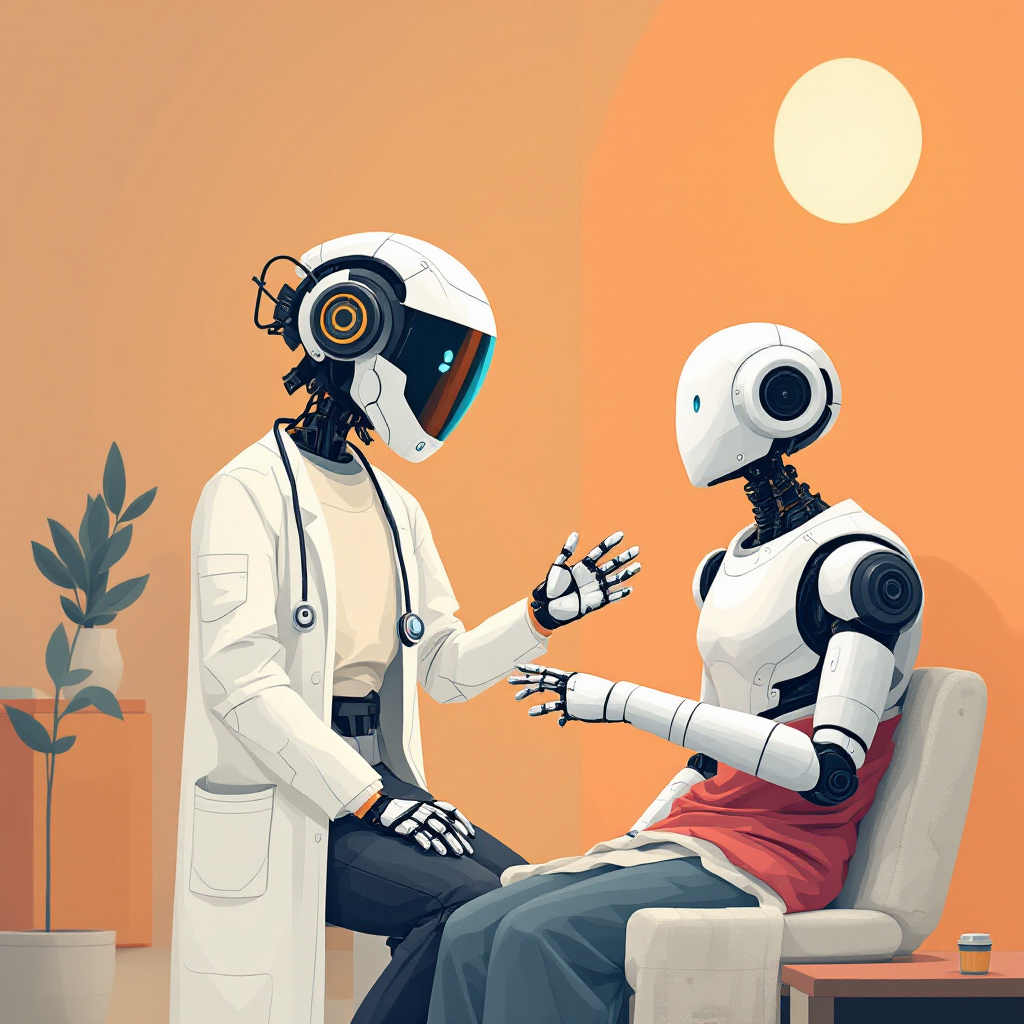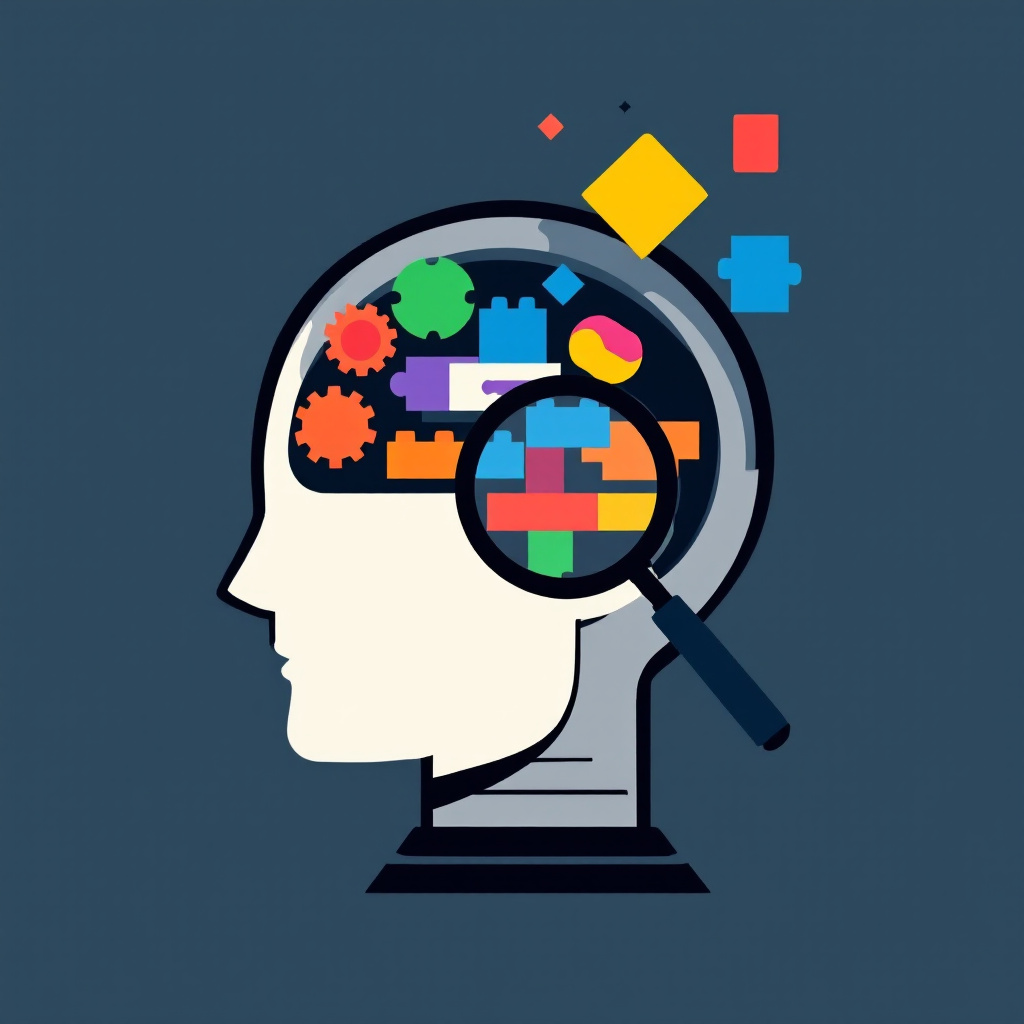In the ever-evolving landscape of software development, a new player has emerged that's causing quite a stir: AI-powered coding assistants. These digital sidekicks, like GitHub Copilot, are not just changing the game; they're rewriting the rulebook entirely. As someone who's been in the trenches of software development since the days when "cloud computing" meant looking up at the sky and doing math, I can say with confidence that we're witnessing a pivotal moment in the history of coding.
The Evolution of Code Assistants
Let's take a trip down memory lane, shall we? Remember the days when our code editors would helpfully point out that we had a syntax error on line 42, leaving us to embark on a wild goose chase through our code? Those were simpler times. We've come a long way since then, progressing through increasingly sophisticated autocomplete features and linters that would catch our mistakes before we even made them.
But now? Now we have AI assistants that can write entire functions for us. It's like having a hyper-intelligent, tireless mid-level developer who never needs caffeine breaks and doesn't complain about working at 9:00 AM. These AI-powered code assistants are the culmination of decades of progress in natural language processing, machine learning, and software engineering. GitHub Copilot, for instance, is trained on vast repositories of public code. It's like it's absorbed the collective coding knowledge of the entire GitHub community and is ready to dispense it at a moment's notice.
The impact of these tools on productivity is nothing short of revolutionary. Tasks that once took hours can now be completed in minutes. Boilerplate code? Generated in seconds. Complex algorithms? Suggested with uncanny accuracy. Test cases? Done! It's like having a seasoned developer peering over your shoulder, offering suggestions and filling in the gaps in your knowledge.
Guiding Developers Through Treacherous Code Mountains
One of the most significant benefits of AI-powered code assistants is their ability to guide developers through complex coding challenges. It's akin to having a Sherpa guide you through the treacherous peaks of the Himalayas, except instead of avoiding crevasses and avalanches, you're navigating nested loops and recursive functions.
These AI assistants excel at suggesting solutions to problems that might be just outside a developer's area of expertise. For instance, let's say you're a front-end developer who suddenly needs to write a complex database query. In the past, you might have spent hours poring over documentation, searching Stack Overflow, or worse just beating your head against the keyboard. Now, you can describe what you're trying to achieve in natural language, and - depending on your prompting chops - your AI assistant will generate a working query for you.
This capability is particularly valuable for developers working on large, complex projects. Modern software development often involves working with multiple languages, frameworks, and APIs. It's virtually impossible for any one developer to be an expert in all of these areas. AI assistants bridge this knowledge gap, providing suggestions and code snippets that draw from a vast pool of expertise. These assistants are constantly learning and improving. As they're exposed to more code and more problem-solving approaches, their suggestions become increasingly sophisticated and context-aware.
Democratizing Coding Skills
Perhaps one of the more exciting aspects of AI-powered code assistants is their potential to democratize coding skills. In the past, becoming a proficient developer required years of study and practice. While there's still no substitute for a solid understanding of computer science fundamentals, AI assistants are lowering the barrier to entry for coding in significant ways.
For beginners, these tools can serve as a kind of "training wheels" for coding. They can suggest best practices, point out potential errors, and demonstrate efficient ways to solve common problems. This accelerates the learning process, allowing newcomers to tackle more complex projects earlier in their journey.
But it's not just beginners who benefit. Even experienced developers find themselves learning new tricks from these AI assistants. They might suggest alternative approaches to problems, introduce you to libraries or functions you weren't aware of, or simply show you a more elegant way to express your logic.
This democratization of coding skills has profound implications for the software industry as a whole. It could lead to a more diverse pool of developers, as people who might have been intimidated by the complexity of coding now have a powerful ally in their corner. It could also accelerate innovation, as developers are freed from mundane tasks and can focus more on creative problem-solving.
Potential Pitfalls: The Dark Side of the Code
Now, before we get too carried away with visions of a coding sethtopia, it's important to acknowledge that this brave new world of AI-assisted development isn't without its potential pitfalls. As exciting as these tools are, they also raise some important questions and concerns.
One of the primary concerns is the potential for over-reliance on AI assistants. While these tools are incredibly powerful, they're not infallible. They can make mistakes, suggest suboptimal solutions, or even introduce subtle bugs that might be hard to catch. There's a risk that developers, especially those just starting out, might accept AI suggestions without fully understanding or verifying them. I've found myself having to completely re-write chunks of AI-generated code after getting trapped in the "My apologies, you're right! Let me update the code real quick." death spiral.
This leads to another concern: the potential erosion of fundamental coding skills. If developers become too reliant on AI assistants, will they lose the ability to solve problems independently? Will we see a generation of developers who can use these tools effectively but struggle when they need to code "from scratch"?
There are also important ethical and legal considerations. GitHub Copilot, for instance, has faced scrutiny over copyright issues. Since it's trained on public repositories, there are questions about whether its output could inadvertently reproduce copyrighted code. This raises complex legal and ethical questions about the nature of code ownership in an AI-assisted world.
Privacy is another potential concern. These AI assistants often require access to your entire codebase to function effectively. While reputable providers have strong privacy safeguards in place, the very nature of these tools means that sensitive code could potentially be exposed.
Lastly, there's the perennial concern about AI replacing human developers entirely. While we're still a long way from AI that can conceptualize and design complex systems from scratch, the rapid advancement of these tools does raise questions about the future role of human developers.
The Future of Coding: Cyborg Coders and Beyond
So, what does the future hold for software development in this age of AI-powered assistants? Are we all doomed to obsolescence, destined to be replaced by our silicon-based overlords? Or will we evolve into some kind of cyborg coders, merging our human creativity with machine efficiency?
The reality, as is often the case, is likely to be somewhere in between these extremes. AI-powered code assistants are tools, albeit incredibly sophisticated ones. They're not replacing human developers; they're augmenting and enhancing our capabilities.
In the near future, we're likely to see these tools become even more integrated into the development process. They might evolve from being assistants to true collaborators, capable of engaging in back-and-forth dialogues with developers to refine and optimize code.
We may also see AI assistants that are capable of higher-level tasks, such as suggesting architectural improvements or identifying potential scalability issues in large codebases. They might even play a role in project management, helping to estimate timelines and allocate resources based on the complexity of the code being written.
The lines between different roles in software development may also start to blur. With AI assistants handling much of the nitty-gritty coding work, developers might be able to focus more on high-level design and problem-solving. We might see the emergence of new roles that specialize in effectively leveraging AI tools to maximize development efficiency.
Education and training in software development will likely evolve as well. While understanding fundamental concepts will always be crucial, curriculums might start to include courses on effectively working with AI assistants, much like we currently teach the use of version control systems or debugging tools.
One exciting possibility is that these AI tools could lead to more domain experts becoming involved in coding. Scientists, researchers, and other professionals who need custom software but lack formal programming training might be empowered to create their own tools with the help of AI assistants.
Conclusion: Embracing the AI-Assisted Future
As we stand on the brink of this new era in software development, it's natural to feel a mix of excitement and apprehension. AI-powered code assistants represent a significant shift in how we approach coding, and like any major change, it will require adaptation.
However, history has shown us that new tools and technologies don't typically replace human skills they enhance them. The calculator didn't eliminate the need for mathematicians; it freed them to tackle more complex problems. In the same way, AI code assistants won't replace developers; they'll empower us to create more ambitious, more efficient, and hopefully more bug-free software than ever before.
The key to thriving in this new landscape will be to embrace these tools while maintaining a critical eye. Use them to enhance your productivity and expand your capabilities, but don't forget the fundamental skills and knowledge that form the bedrock of good software development. Treat AI suggestions as you would those from a human colleague consider them carefully, understand them fully, and don't be afraid to disagree or suggest improvements.
As for me, I'm excited about the possibilities these tools bring. They represent a new frontier in software development, one that promises to make our jobs more efficient, more creative, and potentially more accessible to a wider range of people. And who knows? Maybe with all the time I save on coding, I'll finally have a chance to fix my boat!
Footnote: we have an early 1980's bowrider that needs some pretty extensive transom work, has a fuel leak, and is in desperate need of a new deck. It is my personal mission to get this moneypit floating once again.



